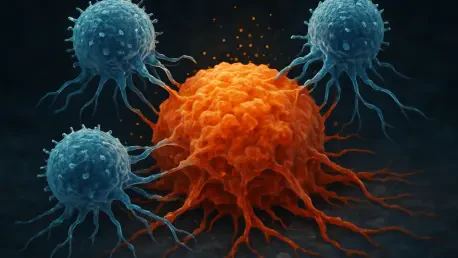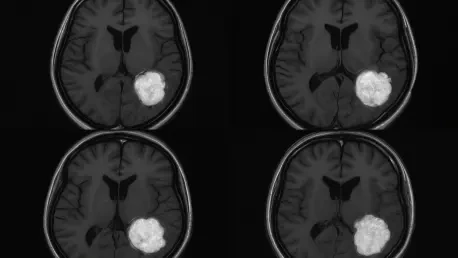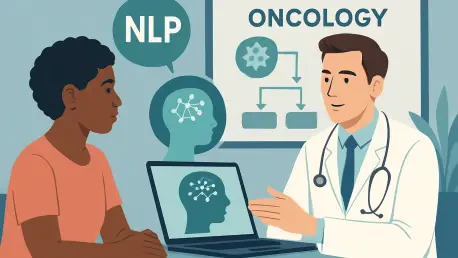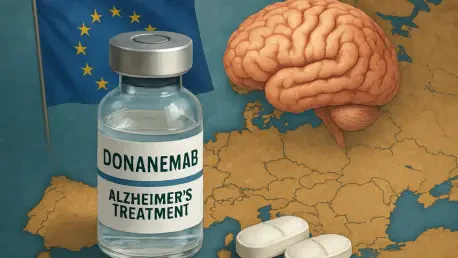
I'm thrilled to sit down with Ivan Kairatov, a leading biopharma expert with extensive experience in research and development, particularly in the intersection of technology and innovation in the industry. Today, we’re diving into groundbreaking insights on how T cells, crucial players in our

In a remarkable stride forward for cancer diagnostics, a cutting-edge whole-body MRI technique is offering new hope to those battling myeloma, a challenging form of blood cancer, through the collaborative efforts of researchers at The Royal Marsden NHS Foundation Trust and The Institute of Cancer

Imagine a world where the vast, often chaotic troves of medical records can be instantly decoded to save lives, particularly for cancer patients facing complex diagnoses like brain metastases. In oncology, where every detail in a patient’s history can mean the difference between effective treatment

Imagine a hospital where doctors can predict medication side effects before they occur, or a global network of medical researchers sharing critical data without risking patient privacy. This scenario is no longer a distant dream but a tangible reality being shaped by leading institutions like

What if a single monthly infusion could halt the heartbreaking decline of memory and independence for millions of Europeans with early Alzheimer’s disease, bringing hope to families across the continent? This question, once a distant dream, now edges closer to reality with donanemab, a pioneering

I'm thrilled to sit down with Ivan Kairatov, a renowned biopharma expert with extensive experience in research and development, as well as a deep understanding of technology and innovation in the industry. Today, we’re diving into a groundbreaking study on AI and hidden diabetes risk, exploring how